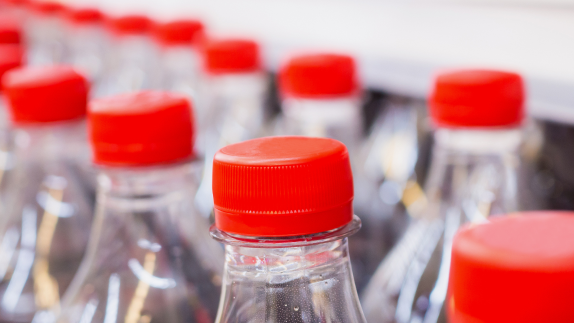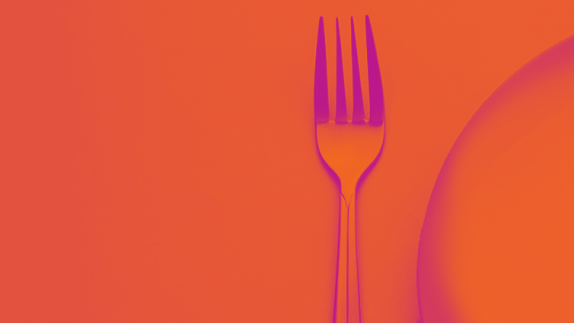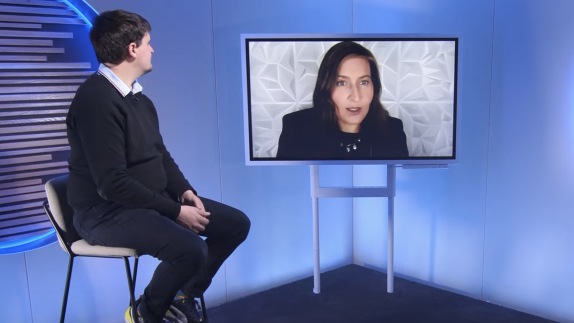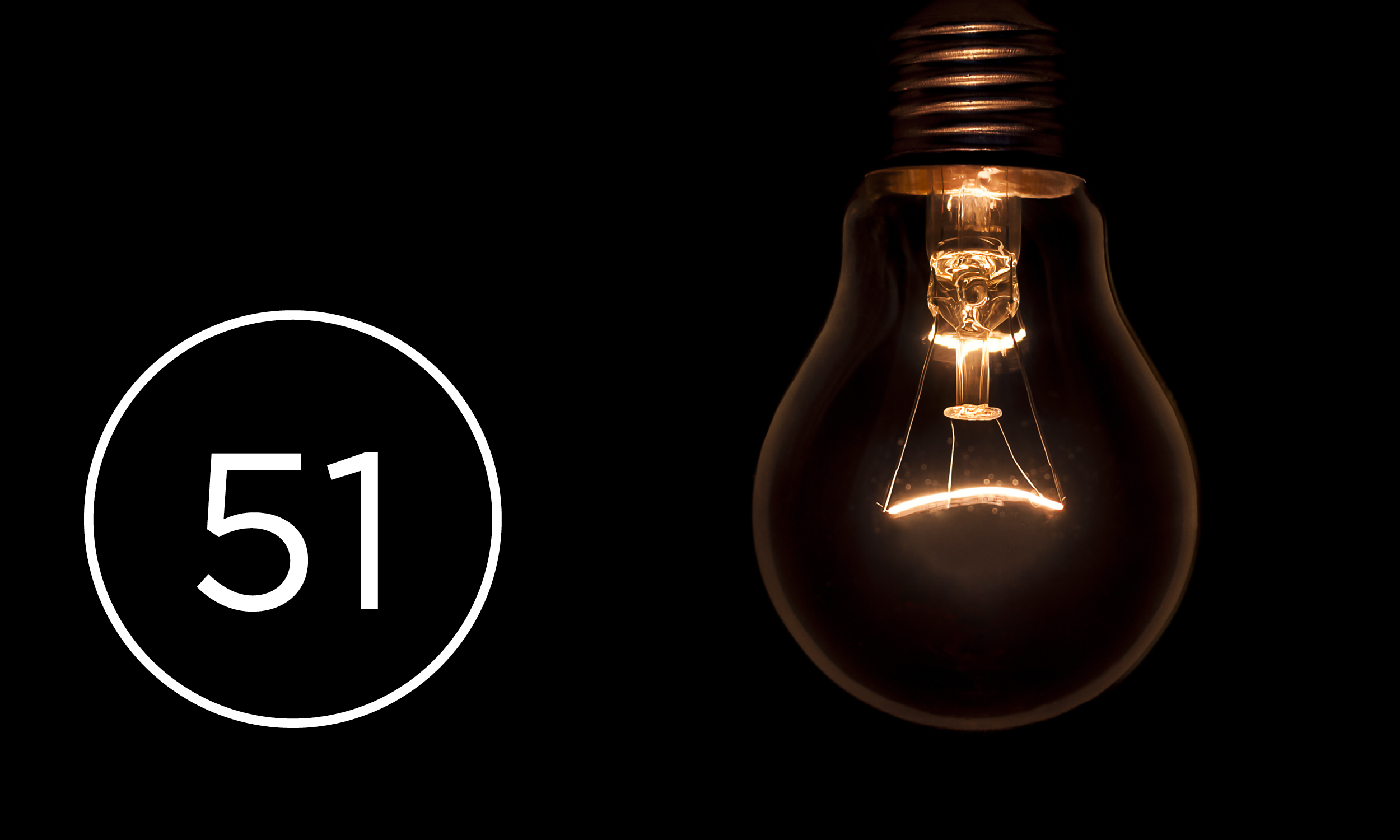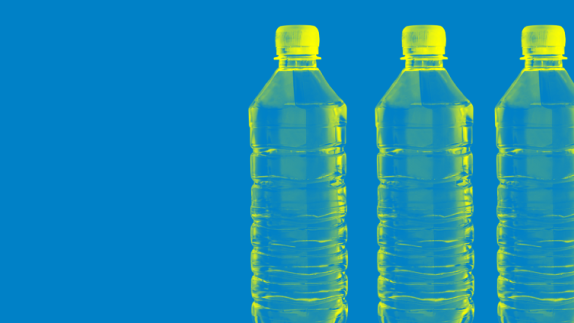
Membership status: Strategic Partner
Founded in 1886 and headquartered in the United States, The Coca-Cola Company has a food and beverage portfolio that includes 200 brands and thousands of products around the world. More than 700,000 people are employed by the company and its 225 bottling partners. In 2021 the company's net revenue was USD 38.7 billion.
A New Plastics Economy Global Commitment signatory and member of our Plastics Initiative Advisory Board, The Coca-Cola Company is the first in its industry to announce a quantitative reuse target. By 2030, the company aims to have at least 25% of all its beverages sold through reuse models. The company’s 2025 targets include reducing the use of virgin plastic by 20%, eliminating problematic or unnecessary plastic packaging, and using only 100% reusable, recyclable, or compostable plastic packaging.
Our Strategic Partnership will also focus on food redesign. The company is a member of our Food Initiative Advisory Board, which is mobilising and scaling the transition to a circular and regenerative food system.
The company has a range of sustainability priorities outlined in its 2021 ESG report. In 2022, the Company started linking its ESG performance measures to annual and long-term incentive programs for executives. From 2024, diversity and inclusion targets and performance will be linked to the company’s priority sustainability areas for both benefits and performance measurement.
The circular economy in action at The Coca-Cola Company: the universal bottle
The universal bottle is a simple upstream innovation with huge potential to scale. In 2018 Coca-Cola Brazil redesigned its plastic bottles, creating a uniform bottle with a single shape, size, and colour that could be collected, cleaned, and refilled across different Coca-Cola brands. The universal bottle has continued to scale across South America and is now used in Argentina, Brazil, Chile, Colombia, Guatemala, Mexico, and Panama.
The adoption of the universal bottle is part of the company’s focus on returnable and refillable packaging, which accounted for approximately 16% of the company’s total volume in 2020. The use of refillables is growing in several markets, outperforming non-refillable in Germany and parts of Latin America, where reusable bottles represented 27% of transactions in 2020.
In 2022 the company announced a new target, to sell at least 25% of all beverages globally across its portfolio in refillable/returnable glass or plastic bottles, or in refillable containers through traditional fountain or Coca-Cola Freestyle dispensers by 2030.
